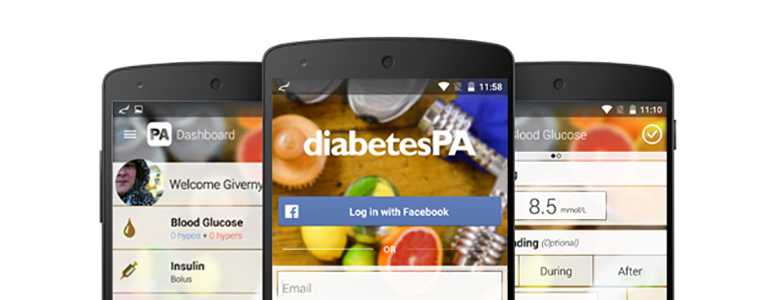Researchers have discovered the molecule that links high blood glucose and type 2 diabetes. The findings could pave the way for new type 2 diabetes treatments and preventative measures.
The study, which was conducted at John Hopkins University in Baltimore, indicates that high blood sugar impairs the function of a molecule responsible for a number of cell processes.
Previous research has established that, when type 2 diabetes is left untreated, the resultant high blood sugars affect the functions of mitochondria. This study examined the underlying molecular processes.
The researchers compared the enzymes in mitochondria of rats with diabetes to the enzymes in mitochondria of rats without diabetes. They found that an enzyme called O-GIcNAc transferase was more prevalent in the mitochondria of rats with diabetes. O-GIcNAc transferase adds O-GIcNAc – which is the molecule that links high blood sugars and metabolic disease – to proteins.
At the same time, levels of O-GIcNAcase, which removes the linking molecule from proteins, were lower in rats with diabetes.
Ultimately, the effect of these increased levels of O-GIcNAc is to trigger the production of more heat and damage-causing molecules. In response, the liver triggers antioxidants in order to counter these damaging molecules. But when the antioxidants are triggered, more glucose is produced, which further increases blood glucose levels.
“We expected the enzyme levels to be different in [type 2] diabetes, but we didn’t expect the large difference we saw,” said Dr. Partha Banerjee, a postdoctoral fellow who carried out the experiments.
Gerald Hart, leader of the study, said: “Sugar itself isn’t toxic, so it’s been a mystery why high blood sugar can have such a profound effect on the body.” This research goes some way to solving the mystery.
The research was published in the Proceedings of the National Academy of Sciences.
What's new on the forum? ⭐️
Get our free newsletters
Stay up to date with the latest news, research and breakthroughs.







